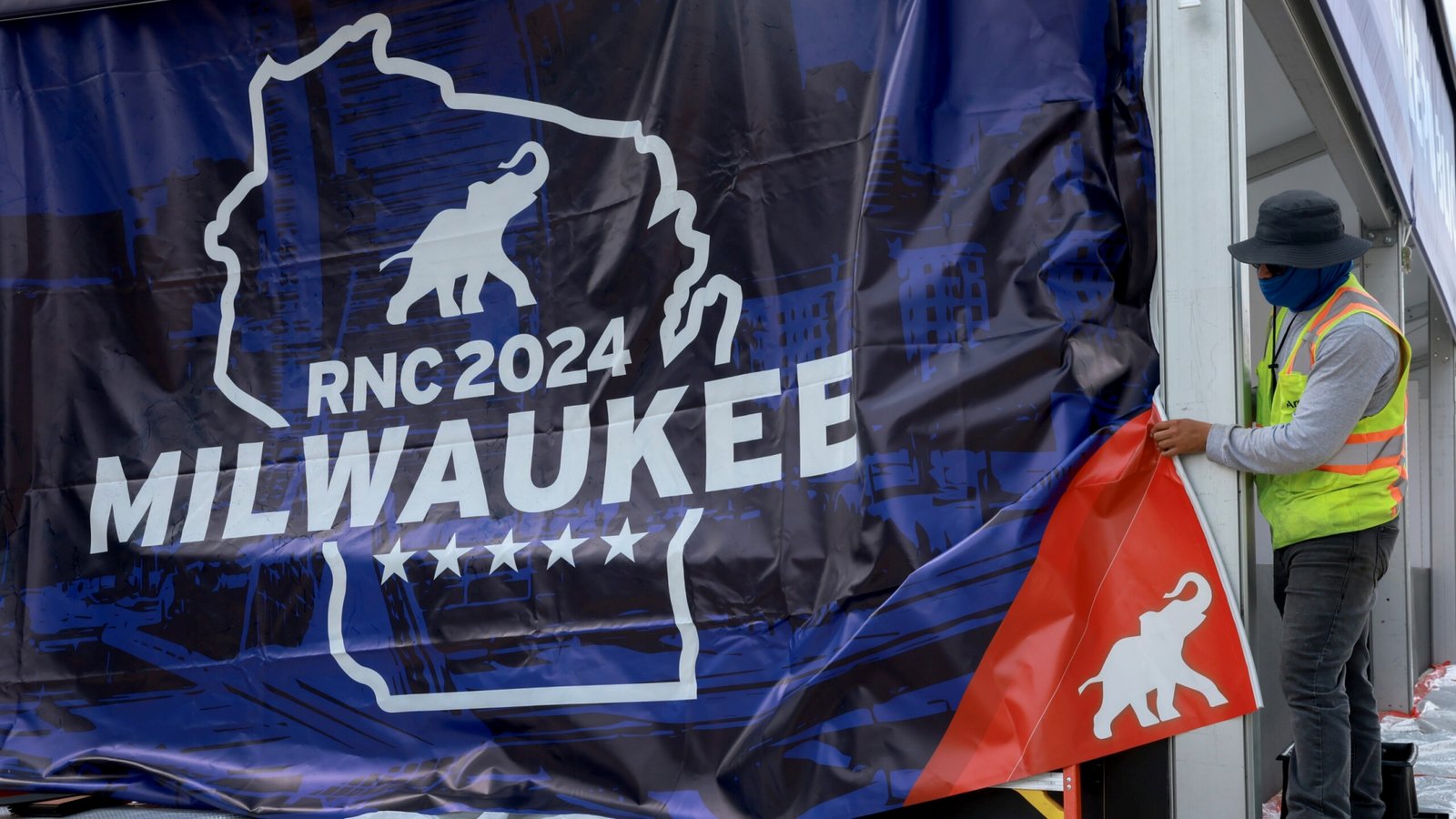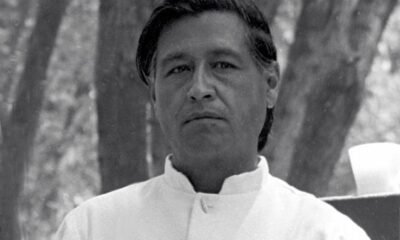2024 election
Republican National Convention Kicks Off Monday Amid Abortion Stance Controversy

WASHINGTON — As the Republican National Convention kicks off in Milwaukee, Wisconsin, the GOP is poised to unify its support behind Donald Trump for the 2024 presidential race. The event serves as a crucial platform for showcasing candidates and consolidating party goals across the ballot.
The RNC has released a condensed party platform, a departure from the absence of a formal platform in 2020. The new document incorporates traditional Republican values along with positions tied to Trump, highlighting the contentious issue of abortion. The platform suggests leaving abortion regulations to the states, a stance that has sparked criticism from some party members.
The Heritage Foundation’s Project 2025, a far-right policy agenda, has also drawn significant attention. Democrats, including President Joe Biden’s reelection campaign, have labeled the project as an extreme GOP agenda. Despite Trump’s disavowal of the initiative, the report continues to be a point of contention.
The Heritage Foundation will host a “policy fest” during the convention, featuring conservative figures like Tucker Carlson and Jason Chaffetz. Meanwhile, speculation abounds regarding Trump’s vice-presidential pick, with names such as Ohio Sen. J.D. Vance and Florida Sen. Marco Rubio being floated. The official announcement is expected before the convention’s culmination on Thursday.
Some Republicans, like Scottsdale state Rep. Alex Kolodin, have expressed dissatisfaction with the platform’s approach to abortion. Kolodin criticized the lack of a “human life amendment” that would support a national ban on abortion, arguing that the issue should be pushed toward federal regulation rather than being left to the states.
Other GOP members have echoed similar sentiments. Louisiana Sen. Bill Cassidy and Iowa Sen. Joni Ernst emphasize the need for a more robust stance on abortion within the platform. Oklahoma Sen. James Lankford acknowledged that the platform reflects Trump’s influence but insists that Republican lawmakers will continue advocating for a national law.
Former Vice President Mike Pence has also voiced his disappointment, urging delegates to restore strong pro-life language to the party’s platform. The current platform is noted for its brevity and vagueness compared to the 66-page document from 2016.
Sen. Roger Marshall of Kansas noted the pragmatic limitations of advancing abortion legislation in the Senate, citing the improbability of either party securing the necessary 60 votes. Iowa Sen. Chuck Grassley praised the shorter platform for its potential readability and impact.
Sen. Katie Britt of Alabama and Sen. Steve Daines of Montana expressed varying levels of support for the platform, underscoring the importance of a unified party message focused on policy issues like border security and economic stability. Sen. John Boozman of Arkansas reiterated the need to highlight contrasts between Republican and Democratic policies.
The RNC platform includes traditional GOP policy goals and new initiatives influenced by Trump, such as promoting beauty in public architecture and restoring classic liberal arts education. It also calls for conservative stances on immigration and sports policies.
With the convention underway, Trump’s upcoming vice-presidential announcement remains highly anticipated. His former running mate, Pence, has distanced himself from Trump since the January 6 Capitol attack, marking a significant shift in their political relationship.
Meanwhile, Project 2025 continues to stir debate. The 922-page document, led by the Heritage Foundation and supported by over 100 conservative organizations, outlines an extensive agenda for a potential Trump administration. The Biden-Harris campaign and Democrats have condemned the project, while Trump denies any involvement.
The RNC convention will remain a focal point for both Republican unity and the ongoing debates within the party and against external critics. The event promises significant developments as the GOP positions itself for the upcoming election cycle.
Jerod MacDonald-Evoy contributed to this report.
***UPDATE: This story was updated to include comments from Rep. Alexander Kolodin, R-Scottsdale.

















